The Books I Read in May 2015
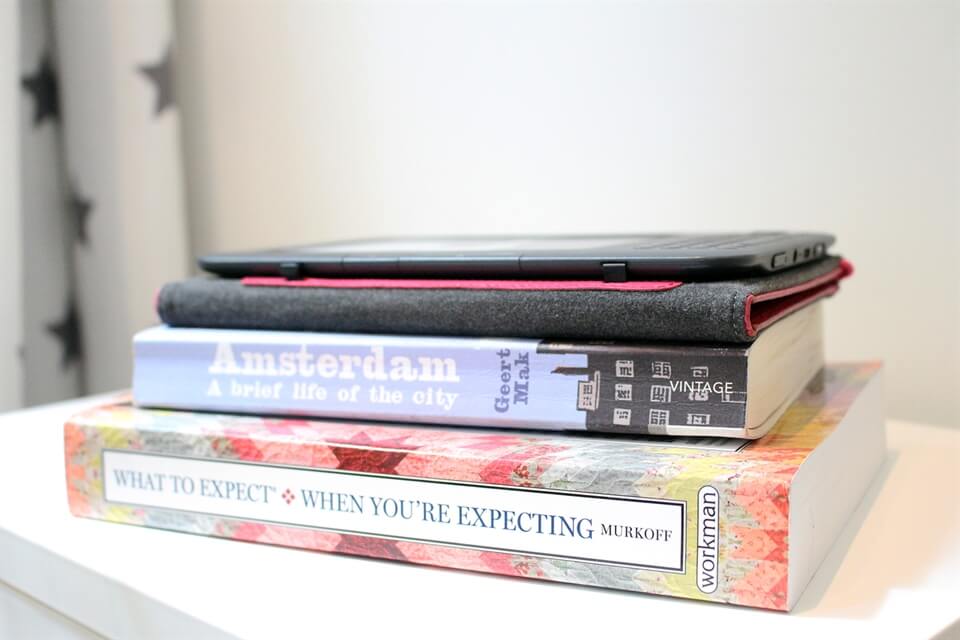
I've shared before that breakfast is my guaranteed reading time and that it's amazing how quickly you can read a book when you just dedicate 10 - 20 minutes to reading every single day. Unfortunately this good habit of mine suffered quite a bit in May when I found myself often waking in a panic about how unprepared we are for a child and thus spending my breakfast time researching baby clothes, cots and car seats (and still not buying them... what's wrong with me!?!?). As a result, I read a little bit less in May, but unlike previous months, this isn't bothering me at all. I'm just doing what I can... a mantra that I think is going to get me through a lot this year!
Anyway, I hope you enjoy these book reviews and please do let me know what you've enjoyed reading recently in the comments!
A Sight for Sore Eyes by Ruth Rendell
Moved to try some Rendell by this tenderly written article by Jeanette Winterson about her friendship with Ruth Rendell who sadly died recently, I was pleasantly surprised by how sophisticated, solid and "well sewn together" this dark novel was. It's not one of her Wexford novels and it's not one of the pyschological thrillers she wrote as Barbara Vine, and perhaps it sort of sits somewhere between as it deals with the sinister behaviour of a man on the fringe of society as he becomes romantically involved with a young woman who as a child witnessed her mother's murder. A feel-good story this ain't but it is structured well, it successfully built up tension and kept me interested until the end. I also learned a lot as a writer reading this, not least, that plot and character development are crucial to mystery/crime based books and possibly come easier to the writer that has decades of experience at it. I'm therefore not going to beat myself up for not yet getting the hang of it after a year of working on my first book.
What to Expect When You're Expecting by Heidi Murkoff
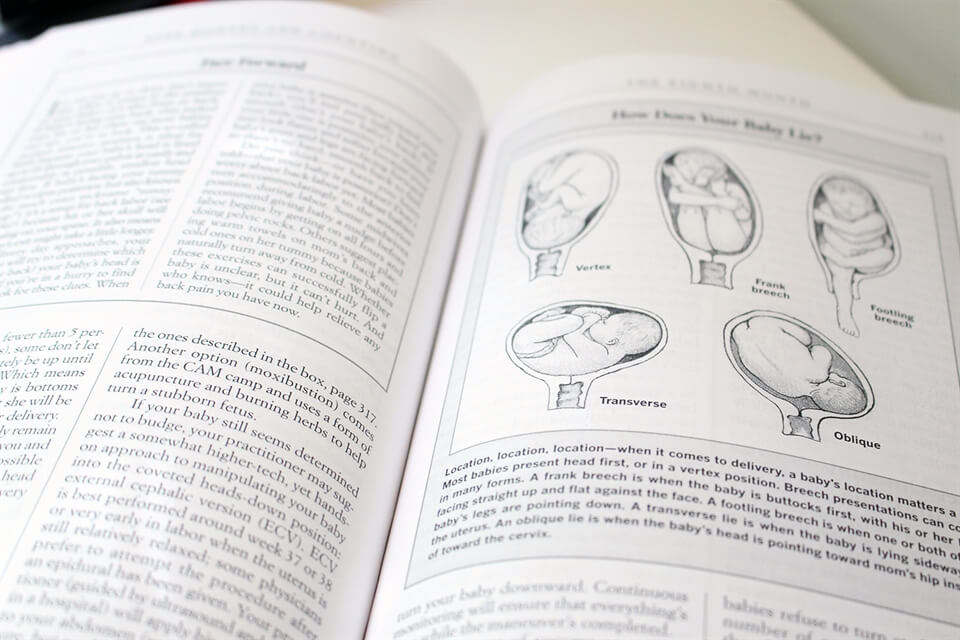
I started reading this back in November last year but got freaked out by the time I reached Month 6 chapter. I have subsequently read it a bit at a time, roughly only studying the stage I'm at until a few weeks ago I felt ready to read the whole thing and fully digest the chapters on labour and dealing with a newborn. Essentially a bible for the pregnant woman, it does well to cover a wide range of topics associated with pregnancy, birth and post-partum life and to offer advice that is genuinely reassuring and informative. A little US-centric when it comes to the medical care and time off work discussions but if you are walking into pregnancy feeling completely in the dark about even the most basic things to do with pregnancy and birth.
I stumbled upon an article about Nella Larsen in early May (which of course I can't find now, but this is a good one to read too) and immediately wanted to read one of her books. The daughter of a Danish (white) mother and a Caribbean (black) father, Larsen was a ground-breaking author and member of literary circles in the early 20th century. Passing is arguably the better known of her two published novels and I really enjoyed and benefited from reading it. Dealing head-on with the topic of "passing", when a non-white person 'passes' themselves off to be white in order to advance or better their circumstances, it not only opened my eyes to this phenomenon but gave me a very real and believable insight into the conflicts and challenges this gave not only to those who chose to pass but to those who we are aware of it. Often applauded for capturing and commenting on a historic phenomenon, Passing is also a good story in its own right with twists, turns and turbulence along the way for both of the main characters, especially the poor Irene who tells most of the story. If you choose to buy any of the books on this list, make it this one. (Also it's currently cheap for Kindle!)
It made sense to me to read the third of Flynn's novels after reviewing Sharp Objects last month. Published after Dark Places but before Gone Girl, I think I liked this one more than Gone Girl but not as much as Sharp Objects. While the story was fascinating and had me hooked immediately - at aged 7 Libby Day was the only witness to the brutal murders of her mother and sisters, a crime her brother was convicted of but now she starts to have doubts about what she saw - it was slow to get going and although Libby's lack of likeability was somewhat essential to the plot, it made it hard to sympathise with the enormity of what she'd been through. I definitely think it's worth reading though and the pace, and my interest, picked up quite a speed toward the end.
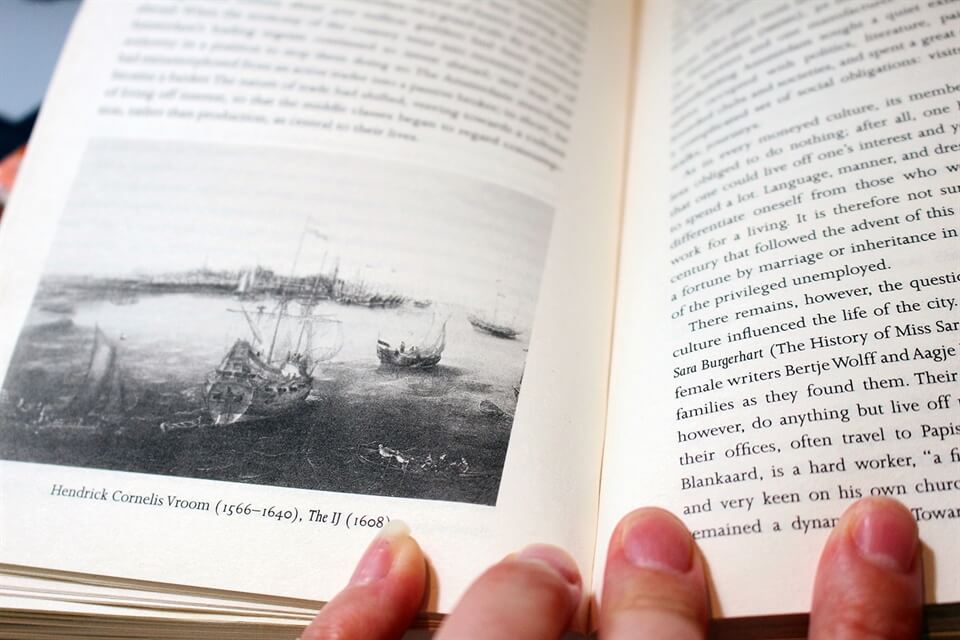
This book was also probably a bit to blame for slowing me down this month as it was a heavy piece of non-fiction documenting the "brief history" of the city of Amsterdam. I'd been meaning to read it for a while and I wasn't disappointed in terms of how much I learned (TONS!) and how much I enjoyed learning about my home city (TONS & TONS). Of course, it's not a book for everyone and it probably isn't even for somebody who enjoys visiting Amsterdam a lot as I think you need a more long-term interest in what made this city what it is now and it helps if your intrigue has more than one purpose, which mine does as I'm planning a collection of short stories about Amsterdam. While it says "brief history" parts of the book felt dense with detail and other parts felt rushed over, especially the more modern periods of history, and my only other complaint would be that written in 1995 it felt a little dated when it came to "current day" observations of Amsterdam. I would definitely like to read an updated version!
The Man Who Would Be King by Rudyard Kipling
I read this short story as research for my own short fiction, The Girl Who Would Be King as I clearly used and abused the title for my own purposes. While I'd already decided to write a story that wouldn't really be based on this book at all, I felt it only right to read this. I was, I'll be honest, disappointed. And a bit confused. I expected rich detail about a very foreign part of the world at a time long ago. What I got was essentially a confusingly written adventure story of two white chaps who appear to think themselves above the local people they wish to make them king. While some of Kipling's observations about the area and the time were interesting and I liked that there were two adventurers (like in my own story) I just felt like the story was racist, a little sexist (there were no female characters of any depth) and not really told all that well.
Now over to you, which books do you recommend I try next?
And if you'd like more book recommendations check out my reviews from January, February, March and April.
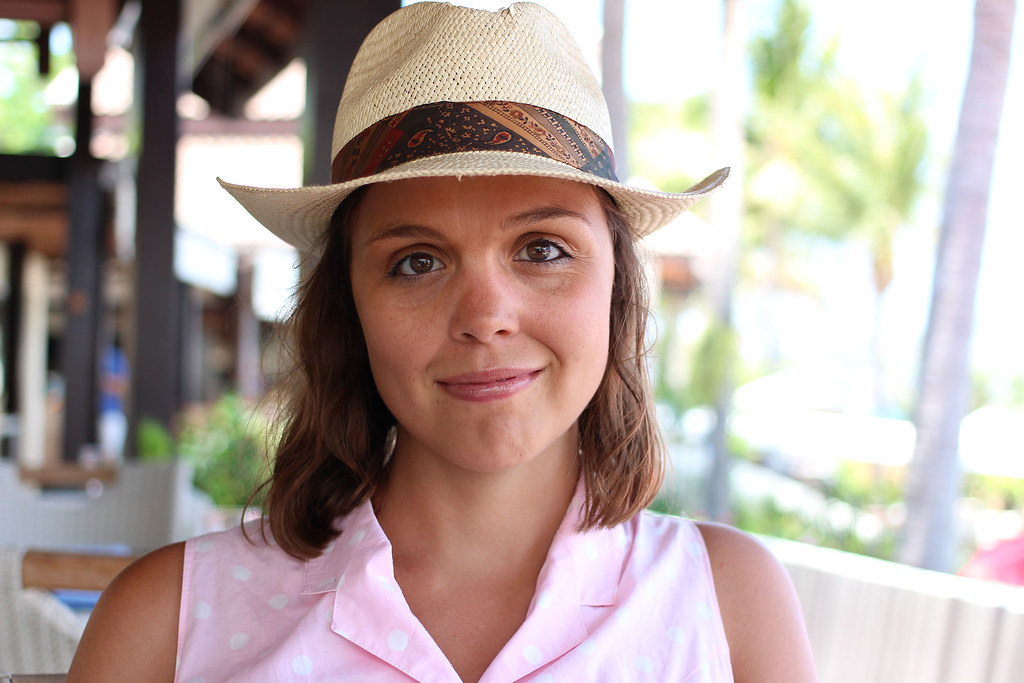
Frances M. Thompson
Find Frankie on Facebook, Twitter, Instagram, Pinterest, and Google+.
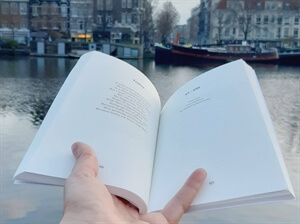 Books I Love: Five Books That Changed My Life in 2020
Books I Love: Five Books That Changed My Life in 2020 Books I Love: Five Poetry Collections You Should Read
Books I Love: Five Poetry Collections You Should Read Books I Love: Five Kids Books That Make Us All Happy
Books I Love: Five Kids Books That Make Us All Happy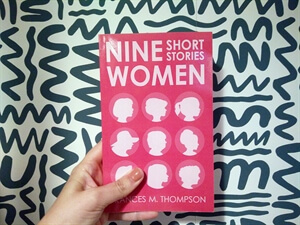 All writers and readers want for Christmas...
All writers and readers want for Christmas...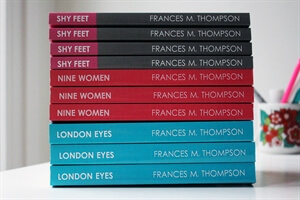 Give the gift of reading at Christmas - Signed copies available!
Give the gift of reading at Christmas - Signed copies available! About the Blog & Frankie
About the Blog & Frankie Welcome to My Amsterdam Travel Blog!
Welcome to My Amsterdam Travel Blog! Welcome to My Luxury Family Travel Blog!
Welcome to My Luxury Family Travel Blog! Welcome to My Writing Blog!
Welcome to My Writing Blog! Lover Mother Other: Poems - Out Now!
Lover Mother Other: Poems - Out Now! I Write Stories That Move You
I Write Stories That Move You Order WriteNOW Cards - Affirmation Cards for Writers
Order WriteNOW Cards - Affirmation Cards for Writers Work With Me
Work With Me